Organic Sugar: Unlock Natural Sweetness for Healthier Living
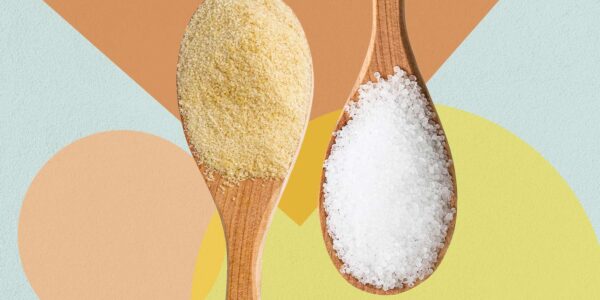
Introduction
Are you curious about what makes organic sugar different from regular sugar? If you care about what you put into your body, understanding this sugar can help you make healthier choices.
Imagine enjoying sweetness that not only tastes great but also comes from natural farming methods without harmful chemicals which and you will discover how this sugar can impact your health, the environment, and even your cooking. Keep reading to find out why switching to this sugar might be one of the best decisions you make for yourself and your family.
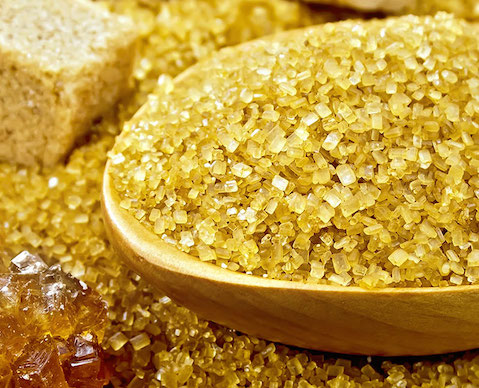
What Is Organic Sugar
It is a natural sweetener without synthetic chemicals. It comes from plants grown without pesticides or fertilizers. This type of sugar is popular among health-conscious people. Many prefer it for its purity and environmental benefits. This sugar offers a cleaner option compared to regular sugar, and also it retains some natural minerals that refine sugar lacks.
Sources Of Organic Sugar
This sugar mainly comes from sugarcane and sugar beets. Farmers avoid chemicals to keep the soil healthy. Sugarcane grows in warm climates with plenty of rain. Sugar beets thrive in cooler areas. Both sources produce raw sugar crystals which are ingredients of this sugar.
Process of Making Organic Sugar
The process starts by harvesting the sugarcane or sugar beets. The plants cleaned and crushed to extract juice. This juice filtered to remove impurities naturally. It is heated to evaporate water and form crystals and then the crystals separated using a centrifuge. No artificial chemicals or bleaching agents used and finally, the sugar is dried and packaged as organic sugar.
Benefits
This sugar offers many benefits that go beyond just sweetening your food. It supports better health and protects the environment. Choosing organic sugar can make a positive difference in your diet and the planet.
Nutritional Advantages
Organic sugar retains more natural minerals than refined sugar. It contains small amounts of calcium, iron, and potassium. These nutrients support your body’s basic functions. This sugar is less processed, keeping more of its natural goodness.
Environmental Impact
Organic sugar farming uses fewer chemicals and pesticides. This helps keep soil healthy and water clean. It supports biodiversity by protecting insects and animals. Organic farming methods reduce pollution and promote sustainability.
Health Benefits
This sugar has no artificial additives or chemicals. It is less likely to cause allergic reactions or sensitivities. Choosing organic sugar means avoiding harmful residues from pesticides. It offers a cleaner and safer alternative for sweetening foods.
Comparing Organic And Refined Sugar
Organic sugar and refined sugar come from the same source: sugarcane or sugar beets. Yet, their journey from plant to table differs greatly. This affects their taste, texture, and health impact. Understanding these differences helps you make a better choice for your diet and cooking.
Processing Differences
Organic sugar undergoes minimal processing. The natural molasses stays in the sugar, keeping some nutrients. Refined sugar goes through heavy processing. It uses chemicals to remove molasses and impurities. This leaves pure white crystals but no nutrients.
Taste And Texture
Organic sugar has a richer, slightly caramel-like flavor. Its crystals are often moist and coarse. Refined sugar tastes very sweet but lacks depth. It is dry and fine, dissolving quickly in recipes. The texture can affect how sugar blends into food and drinks.
Glycemic Index Comparison
Both types of sugar raise blood sugar levels. Organic sugar may have a slightly lower glycemic index due to molasses content. Refined sugar spikes blood sugar faster.
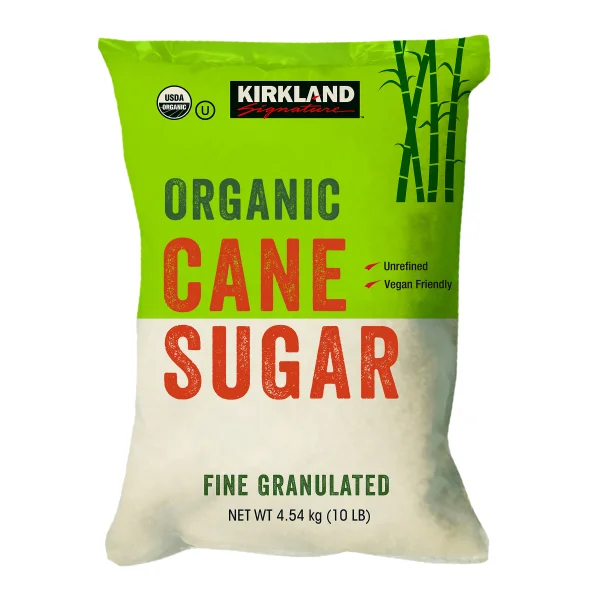
Incorporating Organic Sugar In Daily Life
Using this sugar in daily life can improve your diet and support healthier choices. It offers a natural sweetness without harmful chemicals or additives. This sugar fits well in many recipes and everyday meals. It adds flavor while keeping your food clean and natural.
Switching to organic sugar is easy. It works just like regular sugar in cooking and baking. You can enjoy the same taste with better quality ingredients. This sugar also supports sustainable farming and reduces environmental harm.
Cooking And Baking Tips
Use this sugar as a direct substitute for white sugar in recipes. It dissolves well in liquids, making it perfect for drinks and sauces. Brown organic sugar adds moisture and a rich flavor to baked goods. Store this sugar in an airtight container to keep it fresh. Measure carefully for best results, as texture can vary slightly from regular sugar.
Best Organic Sugar Brands
Choose brands that certify 100% organic ingredients. Look for labels from trusted organizations like USDA Organic. Brands such as Wholesome Sweeteners, Florida Crystals, and Madhava offer quality products. Check for fair trade and non-GMO certifications for added assurance. Buy from stores that keep products fresh and well-stocked.
Recipes Using Organic Sugar
Try this sugar in classic recipes like cookies, cakes, and muffins. It enhances flavors in homemade jams and sauces. Sweeten your morning coffee or tea with this sugar for a natural taste. Use it in salad dressings to balance acidity. Create simple syrups with organic sugar for cocktails and beverages.
Potential Drawbacks To Consider
Organic sugar has many benefits, but some drawbacks need attention. Understanding these can help you make a better choice. It’s important to know what to expect before buying this sugar.
Cost Factors
This sugar is often more expensive than regular sugar. This is because organic farming uses special methods that cost more. Some buyers may find this cost hard to afford.
Small farms growing organic sugar may have higher production costs. These costs reflect in the final price on the shelf. Budget-conscious shoppers might prefer cheaper options.
Availability Challenges
This sugar is not always easy to find. It may not be available in all stores or regions. This limits access for many people.
Supply depends on organic farming conditions, which vary by location. Seasonal changes and weather can affect crop yields. This leads to inconsistent availability in the market.
Online shopping helps but can add shipping costs. Some consumers may face delays in getting their orders.
Future Trends In Organic Sweeteners
The future of organic sweeteners shows exciting progress and change. As people seek healthier options, organic sugar and its alternatives gain more attention.
These trends focus on better quality, sustainability, and meeting customer needs. The organic sweetener market is growing, with many innovations on the horizon.
Innovations In Production
Technology is improving organic sweetener production. New farming techniques help grow sugar crops with less water and fewer chemicals. These methods protect the environment and keep the sugar pure.
Manufacturers also explore new sweetener sources like organic agave, coconut sugar, and maple syrup. These options add variety and meet different taste preferences. Efforts aim to reduce waste and energy use during processing.
Growing Consumer Demand
More people want natural and organic products. They care about health and the environment. This demand pushes companies to offer more organic sweeteners in stores.
Consumers look for labels they trust. Organic certification becomes more important.
As awareness grows, organic sweeteners will become a regular choice for many families. This shift supports healthier lifestyles and eco-friendly farming.
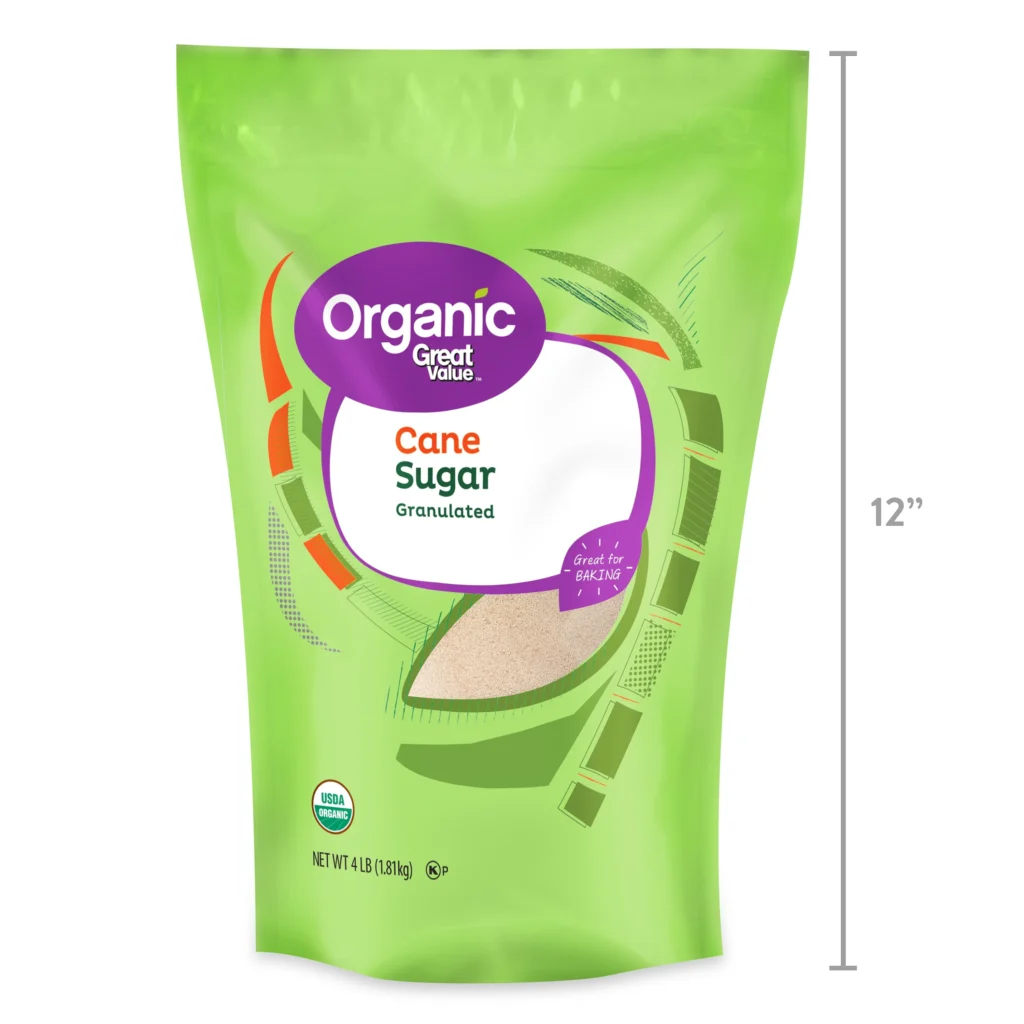
Frequently Asked Questions
What Is Organic Sugar And the Process of Making?
This sugar processed naturally, avoiding artificial additives. This ensures a pure, eco-friendly product that supports sustainable farming practices and promotes better health compared to conventional sugar.
Is Organic Sugar Healthier Than Regular Sugar?
Organic sugar contains no synthetic pesticides or chemicals, making it a cleaner choice. Nutritionally, it is similar to regular sugar, but it may have trace minerals due to minimal processing. Overall, it offers a more natural option with fewer contaminants.
Organic Sugar Can Use In Baking And Cooking?
Yes, this sugar works well in baking and cooking. It caramelizes, sweetens, and blends like regular sugar. Its natural flavor can enhance recipes, making it a perfect substitute in all your favorite dishes and beverages.
Does Organic Sugar Have A Different Taste Than Regular Sugar?
This sugar has a subtle, natural sweetness with mild molasses notes. This flavor is richer than refined sugar, which tastes more neutral. The taste difference can enhance recipes with a more complex, wholesome sweetness.
Conclusion
Choosing organic sugar supports a healthier lifestyle and the environment. It contains fewer chemicals than regular sugar. Many people prefer its natural taste and benefits. This sugar comes from plants grown without harmful pesticides. This choice helps farmers and protects the soil.
Small changes, like using organic sugar, can make a big difference. Try it in your cooking or drinks today. Enjoy sweetness that feels good and does good. Simple steps add up to better health for all.
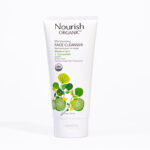



Leave a Reply